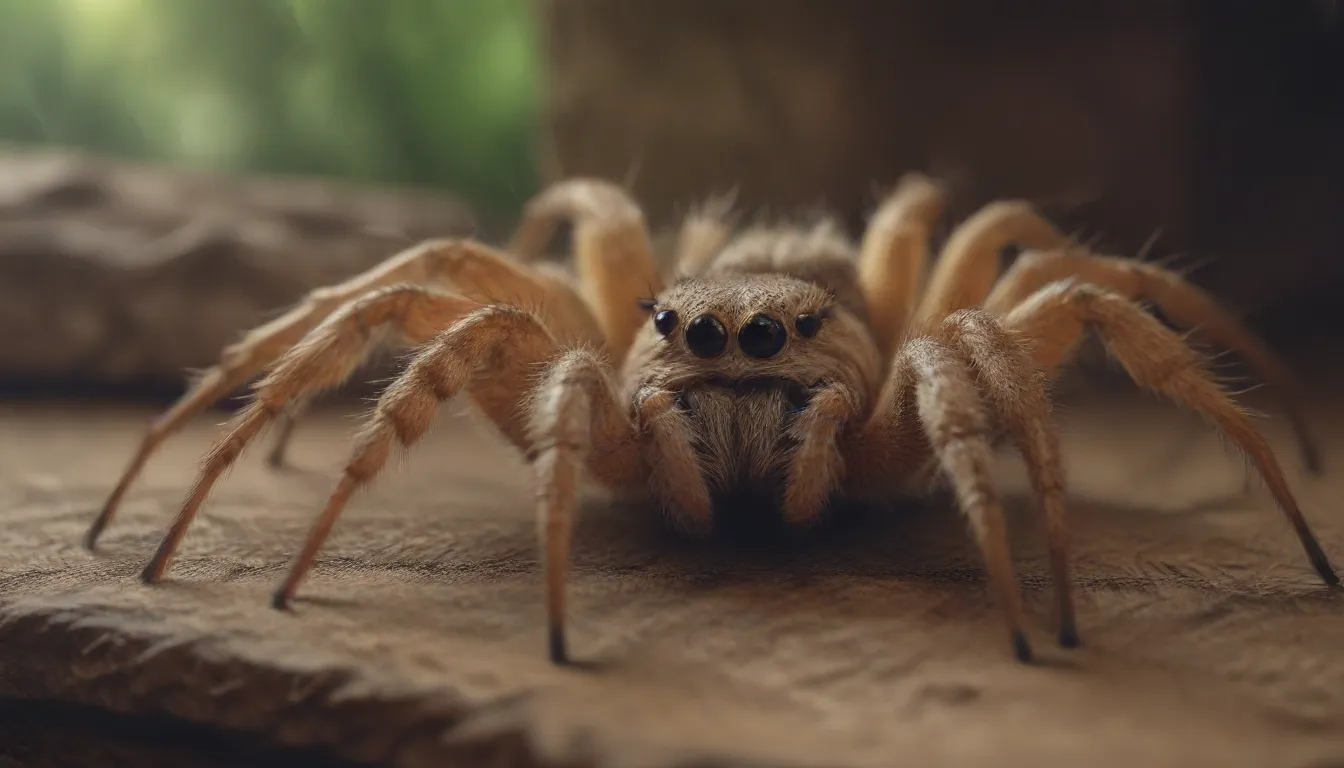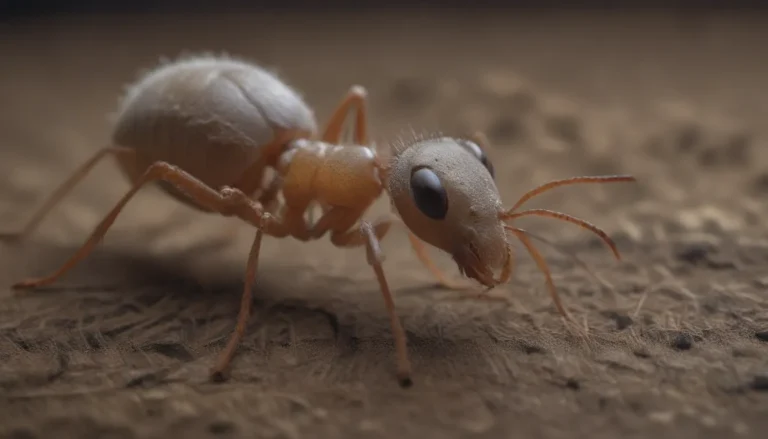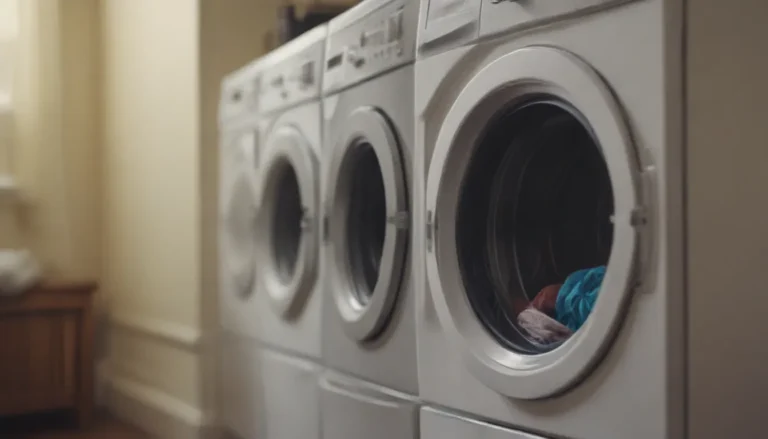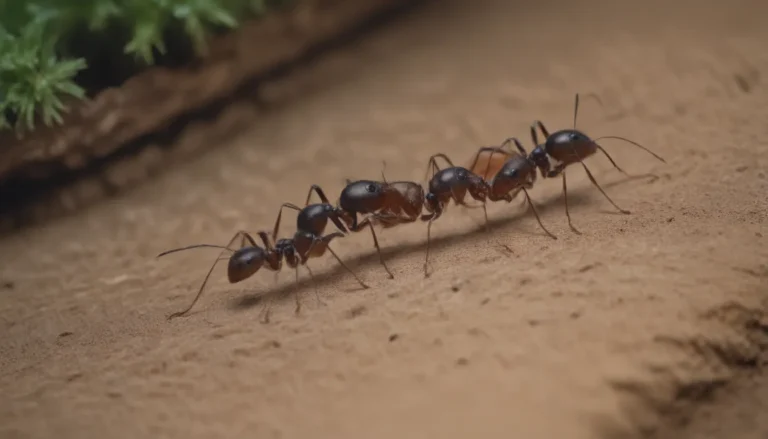Natural Predators That Help Control Spider Populations in Your Home

Spiders are a common nuisance in many households, and while most are harmless, their presence can still be unsettling. If you’re looking for natural ways to control spider populations in your home, look no further! Nature has its own system of spider pest control with various creatures preying on these eight-legged critters. From lizards and birds to wasps and centipedes, these natural predators can help keep spider populations in check without the need for harmful chemicals or pesticides.
Why are Natural Predators important in Controlling Spiders?
Spiders play an important role in the ecosystem by eliminating unwanted insects and pests. However, when they venture into our homes, most people prefer not to have them around. That’s where natural predators come in. These creatures not only help keep spider populations in check but also contribute to maintaining a healthy balance in the ecosystem. By encouraging natural predators in your home, you can effectively control spider populations without harming the environment.
Understanding Arachnophobia
The fear of spiders, known as “arachnophobia,” is a common phobia that affects millions of people worldwide. While most spiders are harmless, the fear of these creepy crawlers can be overwhelming for some individuals. By encouraging natural predators to help control spider populations, you can create a more insect-friendly environment in your home.
Natural Predators That Control Spiders
While humans are known to hunt and eradicate spiders from their homes, there are several members of the animal kingdom that are natural spider predators. Here are eight natural predators that can help keep spider populations in check:
- Lizards and Other Reptiles
- Geckos and chameleons are common lizards that feed on spiders and other small insects.
- Scientists have shown that lizards are voracious predators of spiders and can help eradicate them in controlled environments.
-
Snakes and turtles also feed on spiders, contributing to natural pest control.
-
Birds
- Birds are a significant threat to spiders of all kinds, with common species such as robins and wrens preying on spiders.
-
Small birds that feed on spiders have to be careful not to get caught in sticky webs, although spiders rarely eat birds.
-
Tarantula Hawks and Other Wasps
- Tarantula hawks are a type of wasp that hunts down tarantulas for food.
-
Female spider wasps sting and paralyze spiders to feed their young, contributing to natural pest control.
-
Fish and Amphibians
-
Fish and amphibians will eat spiders, with frogs, toads, and other amphibians often ambushing spiders to swallow them whole.
-
Monkeys and Other Mammals
-
Some monkey species, including spider monkeys, feed on spiders, along with bats and shrews.
-
Centipedes
-
Carnivorous centipedes use their claws to paralyze spiders and other small creatures, contributing to natural pest control.
-
Scorpions
-
Scorpions, while often feared by humans, are natural predators of spiders and play a role in controlling spider populations.
-
Other Spiders and Daddy Long Legs
- Some spider species feed on other spiders, while daddy long legs feed on hobo and black widow spiders, which can be harmful to humans.
How to Encourage Natural Predators in Your Home
If you’re looking to control spider populations in your home naturally, here are a few tips to encourage natural predators:
- Create an Insect-Friendly Environment: Provide a habitat that attracts natural predators, such as lizards, birds, and insects, to your home.
- Avoid Chemical Pesticides: Chemical pesticides can harm natural predators and disrupt the ecosystem. Instead, opt for natural pest control methods.
- Use Scent Deterrents: Certain scents, such as peppermint oil, cedar, chestnuts, garlic, and vinegar, can repel spiders and encourage natural predators to thrive in your home.
By implementing these tips, you can create a balanced ecosystem in your home that naturally controls spider populations without the need for harmful chemicals.
Additional Resources
For further reading on natural spider predators and pest control, check out the following resources:
- The Effect Of Lizards On Spiders And Wasps: Variation With Island Size And Marine Subsidy
- Insectivorous birds consume an estimated 400–500 million tons of prey annually
Remember, nature has its own system of pest control, and by relying on natural predators, you can effectively manage spider populations in your home while maintaining a healthy and balanced ecosystem. So, embrace these natural allies and say goodbye to unwanted eight-legged guests in your home!





